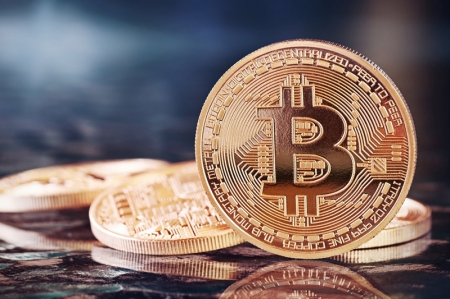
U.Today – Peter Schiff once again shared his concerns regarding (BTC) and suggested that there needs to be a clearer line between digital assets and the concept of money itself. His concerns come in the context of a broader economic debate about inflation and the Federal Reserve's strategy.
Schiff said the latest inflation figures show the central bank's interest rate policy is not doing enough to curb inflation. Although he sees this as a worrying sign, Peter Schiff is not encouraged by the fact that current Federal Reserve Chairman Jerome Powell has called Bitcoin a digital substitute for gold.
For him, Bitcoin is neither money nor a suitable substitute for gold. According to experts' thoughts on adding Bitcoin to the Strategic Reserve Call, the prospect of cryptocurrencies being integrated into state institutions raises further concerns and signals the possibility of economic turmoil.
But a different story is emerging from BlackRock (NYSE:), the world's largest asset manager. In the view of one of the world's largest hedge funds, Bitcoin has not only entered the conversation, but has matured enough to earn a strategic place in traditional portfolios.
BlackRock wants more Bitcoin (BTC)
BlackRock's new report puts Bitcoin at 1% to 2% of a 60/40 investment portfolio, directly contradicting Schiff's skepticism. Despite Bitcoin's reputation for being volatile and speculative, BlackRock's analysis places Bitcoin within its own risk profile alongside industry giants like NVIDIA (NASDAQ:) and Amazon (NASDAQ:). We see this as an asset that provides diversification.
A key point of BlackRock's argument is its low correlation with traditional markets. While Schiff has criticized Bitcoin as having no intrinsic value, BlackRock sees it as a hedge against systemic risks such as geopolitical tensions and a fragmented financial system.
Even with fluctuations, Bitcoin's calculated inclusion reflects the risk level of the tech giants that dominate portfolios today, the report notes. By embracing cryptocurrencies, BlackRock signals a growing institutional shift that overturns traditional skepticism.
This article was originally published on U.Today


